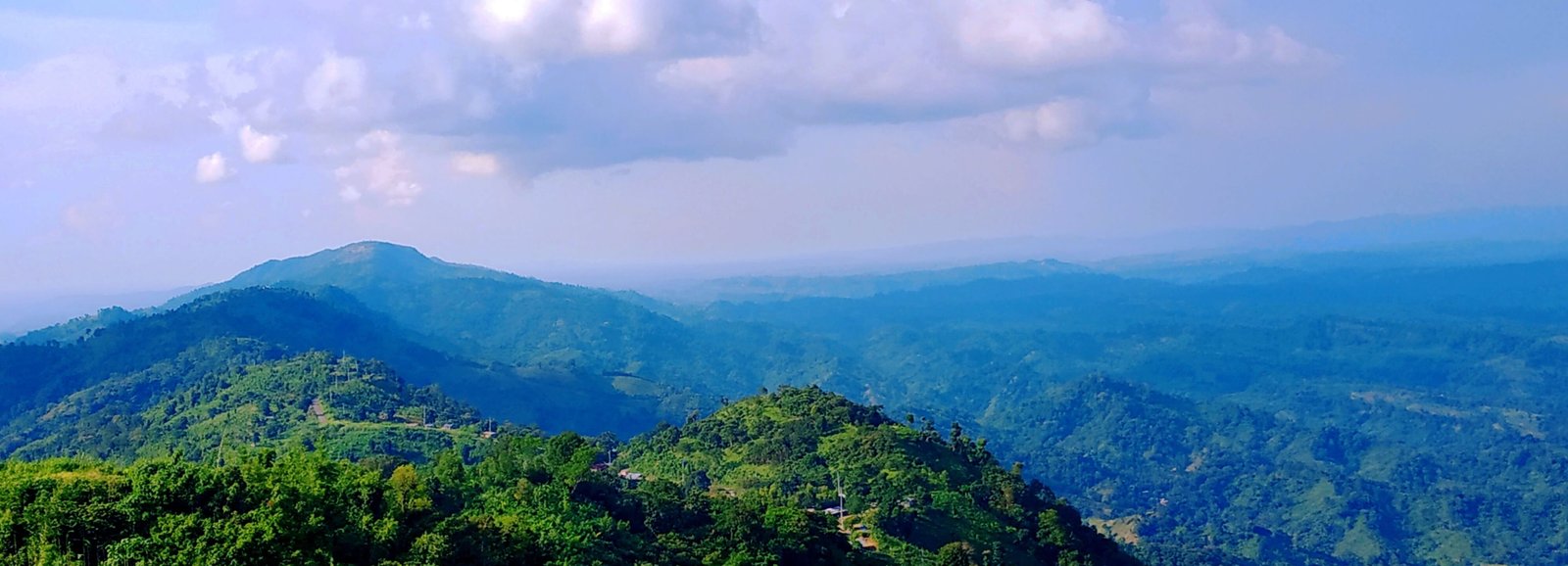
Bees
Understanding wild bee ecology and traditional knowledge of indigenous communities. Documenting pollinators and insects that provide essential ecosystem services in forests and agriculture landscapes. Promoting conservation of Apis cerana bees through scientifically managed appropriate apiculture practices.
Ecological
Raising, propagating and outplanting native species appropriate to the habitat and landscape. Mapping and managing invasive species. Enhancing access for wildlife and human beings to wetlands and springs. Restoring and rejuvenating streams and river banks. Conserving, protecting and advocating for endangered trees and plants.
Wildlife
Understanding wildlife diversity and interactions in human-modified landscapes like hill towns, plantations and public spaces. Monitoring impacts of linear infrastructure through road kill surveys and camera traps. Creating awareness for rescue and rehabilitation of animals in distress through partnership with authorities and citizens.
Communities
Defining and developing a sustainable, inclusive and participatory conservation model through programmes like Barefoot Ecologists, Seed Keepers, Village Elders and Indigenous Women for Conservation. Nature education at village schools, citizen science with indigenous people and village-level nurseries for restoration of native habitats.
Current Projects
We work through local, national and global networks to advocate for sustainable use, conservation of endangered species, community-based natural resource management, invasive alien species, mitigating human wildlife interactions, saving pollinators, and promoting native species.
We offer Field Courses in ecology and society through our collaborations with academic institutions and NGO partners. The office of the Chair of the Western Ghats Plant Specialist Group of the IUCN/SSC is held at Keystone Foundation under the Biodiversity Conservation programme. The Nilgiri Natural History Society was founded by us and is managed by a group of dedicated citizens of the Nilgiris.
Hill Waters and Wetlands for Communities and Wildlife:
The main objective of the project is to achieve water equity and water security for human and wildlife populations. This project is funded by HCL foundation. The duration of the project is from 2018 -2023.
Strengthening Conservation Action for Selected Endangered Native Tree Species of the Western Ghats, India:
To raise, plant, monitor and protect endangered native trees, in order to build evidence for scientifically managed ecological restoration along the Western Ghats. This project is funded by Fondation Franklina. The duration of the project is from 2021-2024.
Building Lifetime Relationship with the Nilgiris Biosphere Reserve:
To work on identified important issues for the ecology and livelihoods in the NBR along 3 focal themes: (1) Restoring the biosphere through ecological restoration and strengthening ecosystem services (2) Managing wildlife interactions through rescue, research and community participation (3) Strengthening biodiversity conservation through publications, nature centre and other outreach activities. This project is funded by Rohini Nilekani Philanthropies. The duration of the project is from 2020-2022.
Status of LTM in forests of Nilambur in NBR:
To assess status of the species in protected forests (Karimpuzha Wildlife Sanctuary) and non -forest areas along highways, plantations and agriculture lands from where they are being reported. Also together with government agencies, indigenous and local communities awareness about the species’ conservation needs will be promoted. This project is funded by Bird Life International. The duration of this projetc is from 2021-2022.

This Work is licenced under a Creative Commons Atribution 4.0 international license.
